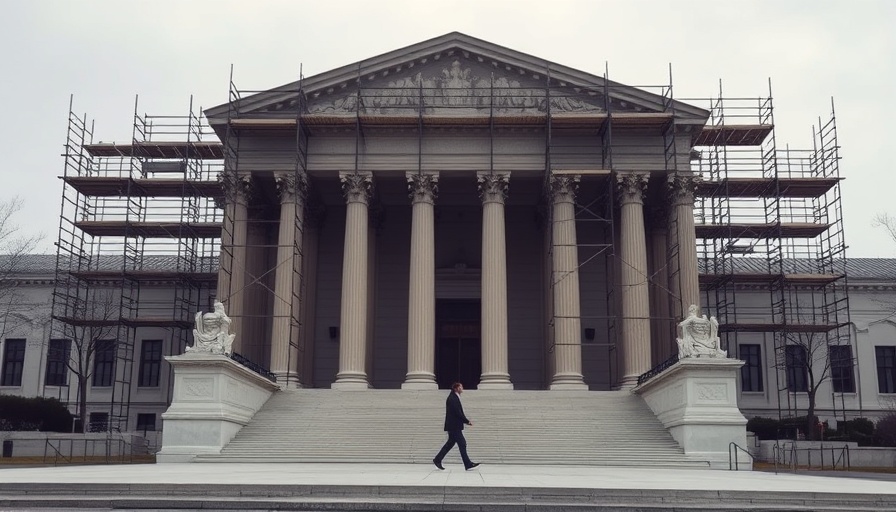
Supreme Court Blocks Deportations Amid Controversy Surrounding Alien Enemies Act
The U.S. Supreme Court has issued a temporary block on deportations of Venezuelan detainees under a rarely used 18th-century law. This decision comes after an emergency court appeal raised concerns regarding the rights of individuals held under the Alien Enemies Act of 1798. The legality and relevance of this law in today’s political climate pose significant questions, highlighting tensions between national security and individual rights.
Understanding the Alien Enemies Act: Historical Context and Modern Implications
The Alien Enemies Act was originally enacted during a time of war, aimed at providing the government with powers to deal with foreign nationals perceived as threats. This law allows the president to detain or deport any non-citizen from enemy nations. However, critics argue that its application in contemporary contexts, particularly against Venezuelans fleeing a humanitarian crisis, raises fundamental civil rights issues.
An example that resonates strongly is during World War II when Japanese Americans faced internment, a dark chapter in American history that remains a pertinent cautionary tale about civil liberties and governmental power.
Legal Developments: The Role of the Supreme Court
The Supreme Court's recent decision illustrates the complex legal landscape regarding immigration and individual rights. The American Civil Liberties Union (ACLU) intervened, claiming that individuals faced immediate deportation without the opportunity to present their case. The emergency order indicates the Court's willingness to re-evaluate practices that could potentially lead to unfair treatment of detainees. However, dissenting opinions from Justices Thomas and Alito caution against the rush to intervene, noting the need for further examination and due process.
Public Reactions: A Nation Divided on Immigration Policy
Responses to the Supreme Court's action have been polarized. The Trump administration's officials characterized those detained as potential threats, emphasizing the need for strong immigration enforcement. Conversely, immigrant rights advocates argue that the deportations under such a historic law reflect a desperate effort to bypass legal accountability, prioritizing swift removals over the judicial rights of individuals.
The social implications of this divide illustrate a broader national debate on immigration policy, with many questioning the balance between security and human rights.
What Happens Next? Future Predictions and Opportunities for Change
The temporary nature of the Supreme Court's ruling leaves the door open for further legal disputes and legislative action. As the administration prepares to argue for lifting the block, this case could potentially catalyze a larger conversation about immigration reform in the U.S.
Organizations pushing for reform are likely to leverage this moment as a platform to advocate for more humane immigration policies and to question the continued applicability of archaic laws like the Alien Enemies Act.
Decisions You Can Make With This Information
For citizens and advocates, this situation presents an opportunity to engage in the ongoing dialogue surrounding immigration rights. Individuals may consider getting involved with local advocacy groups, writing to their representatives about the necessity of reform, or participating in community forums to shed light on these important issues.
Education on these matters is key. Understanding the laws and human stories behind them fosters better civic engagement and insight into the complexities of immigrant experiences in America.
Conclusion: The Importance of Staying Informed
The temporary block of deportations under the Alien Enemies Act reveals significant tensions in U.S. immigration policy and highlights the sensitive balance between national security and civil liberties. As the situation unfolds, staying informed and advocating for fair treatment of all individuals can help shape a more just future. This information is not just pivotal in understanding current events but also in participating actively in democracy.
We encourage readers to engage with their representatives and organizations fighting for civil rights. Your voice matters.
 Add Element
Add Element  Add Row
Add Row 



Write A Comment